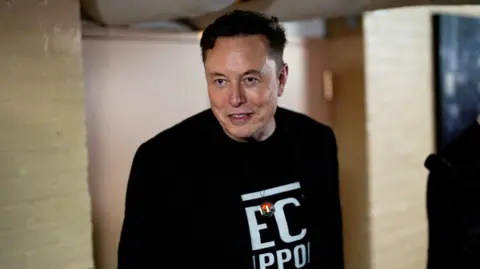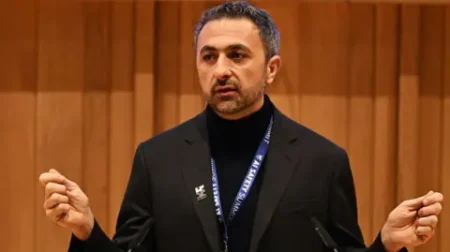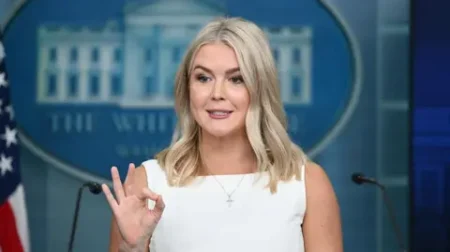In a recent development that has captured significant attention, Elon Musk, the CEO of Tesla and prominent entrepreneur, has openly criticized Peter Navarro, President Donald Trump’s trade adviser. This dispute stemmed from Navarro’s remarks regarding Tesla as merely a “car assembler” rather than a true manufacturer, as he highlighted the company’s reliance on foreign parts in his interview. Such comments sparked a strong and colorful response from Musk, who took to social media platform X to voice his disdain and labeled Navarro as “moron,” remarking that he was “dumber than a sack of bricks.”
This incident unfolded against the backdrop of Navarro’s promotion of Trump’s tariff policies, which aim to encourage domestic manufacturing. During an interview on CNBC, Navarro elaborated on his views concerning the state of the American automotive industry, suggesting that the U.S. remains too reliant on foreign-made components, particularly German engines and transmissions. He expressed a desire for a resurgence in American manufacturing, arguing that such a shift would enhance real wages and overall profits within the industry.
Elon Musk was quick to counter Navarro’s characterization of Tesla, asserting that the claims were “demonstrably false.” He further supported his stance by referencing a 2023 article from Kelley Blue Book, which noted that Tesla vehicles incorporate the highest percentage of parts produced domestically when compared to other automakers. Musk’s subsequent posts on X articulated his claim that Tesla is, by any definition, “the most vertically integrated auto manufacturer in America with the highest percentage of US content.”
As the feud developed, Musk’s comments were substantiated by industry analyst Dan Ives. He recognized Tesla’s global supply chain advantages, affirming the company’s resilience in the face of tariffs. However, he noted that Tesla still sourced a significant portion of its parts from abroad, particularly from China. Ives cautioned that tariffs could disrupt the company’s operations and supply chain, a sentiment echoed by other industry leaders concerned about the potential economic repercussions of such policies.
The implications of Trump’s tariffs extend beyond Tesla, affecting the broader automotive industry and investor sentiment. As companies brace for a landscape altered by the administration’s trade policies, stock markets have experienced turbulence amid concerns over shrinking profit margins and market stability. Musk himself has acknowledged the potential risks to Tesla’s business growth due to tariffs, emphasizing that even his ventures are not immune to the potential disruptions caused by international trade policies.
The discourse around tariffs is further complicated by the views of other Trump supporters, such as billionaire investor Bill Ackman, who urged for a temporary pause on the tariffs to prevent significant global economic disruption. Ackman criticized the tariffs as unnecessary harm to the economy, showing a degree of divergence even among Trump’s allies regarding the viability of his trade strategy.
Peter Navarro, who is known for his staunch loyalty to Trump, remains a contentious figure. Having faced legal issues for ignoring a subpoena related to the January 6 investigations, Navarro’s influence over tariffs and manufacturing policy continues to be debated. He has played a pivotal role in shaping the direction of U.S. trade, exemplified by his current advocacy for a more robust domestic production framework.
This clash between Musk and Navarro illustrates broader tensions within the American manufacturing sector as policy agendas converge. As the automotive industry navigates the complexities of trade wars and evolving supply chains, the outcomes of these debates will resonate through various facets of the economy, shaping future developments in both industry and international relations.










